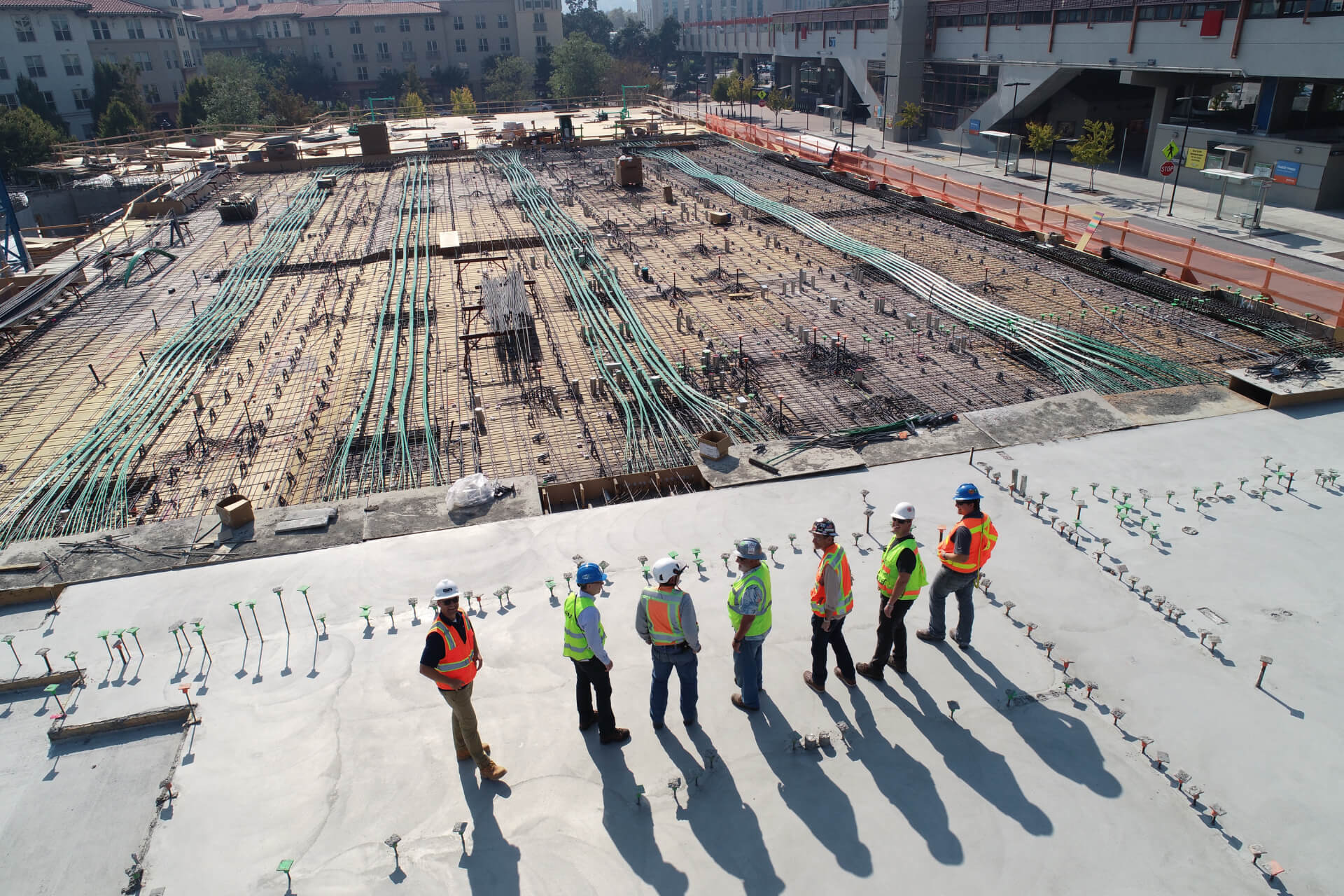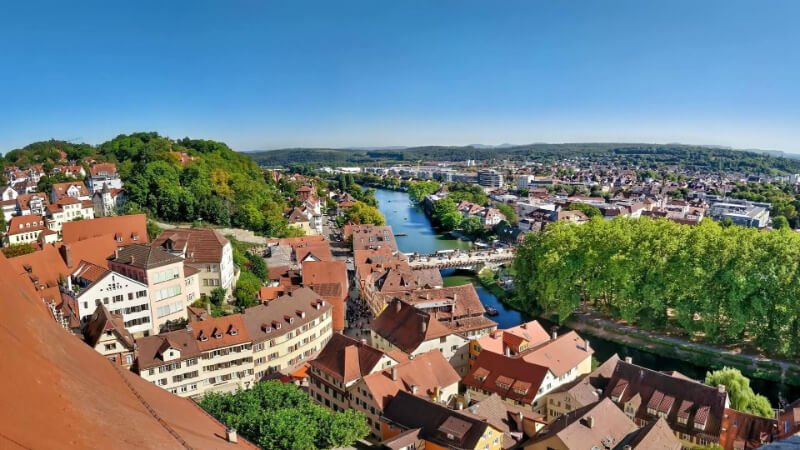Definition
Responsible management is characterized by a set of actions to manage a “project” by involving all the actors to better meet their expectations and satisfy them. This process questions the sustainable development policy of the project leader, its organization, its resources and the means allocated to ensure risk control and obtain the expected result.
It must also provide for the necessary involvement of other project stakeholders, in particular the information and training of users of the building or infrastructure, whether they are users or people assigned to its maintenance.

Goals
Three objectives are targeted by responsible management:
- An organization adapted to the objectives of quality, performance and dialogue
- Management and governance for a controlled project
- An evaluation that guarantees the acceptability of the project and its continuous improvement.
These 3 main objectives are integrated into the HQE reference frameworks, adapted to the nature of the operation.
However, they rely on a common core, shared for building, infrastructure and urban planning projects.
- An organization adapted to the objectives of quality, performance and dialogue
- Context of the organization: definition of the needs and expectations of the interested parties, quality approach of the organization
- Responsibility of the general management of the organization: political commitment to sustainable development, roles and responsibilities
- Organization: risk management, definition and monitoring of performance objectives, collaborative working methods, etc.
- Resources and means: human, technical and financial resources, purchasing policy, communication, documentary control, etc.
- Management for a mastered project
Two approaches for a performance commitment:
According to the course of the operation
- Preliminary studies and collection of expectations: site analysis, initial diagnosis of existing structures, needs and expectations, identification of normative and regulatory requirements, risk assessment
- Program
- Operation planning, design follow-up
- Contracting: quality of service providers, contracts and assignments, procurement of works
- Execution and monitoring of the work: works management, organization and environment of the site, monitoring by the project manager, management of modifications during the work
- Acceptance of works, management of reserves and perfect completion, handling and commissioning of the building, information and training of building users
According to a transversal approach
- Analysis of the context of the operation: analysis of the site, study of the socio-urban, socio-economic context, opportunity study, analysis of regulatory and budgetary constraints, etc.
- Needs and expectations of interested parties
- Environmental, social and economic objectives, sustainable development objectives, HQE objectives
- Commitment of the executive management on the objectives of the operation, its formalization and its dissemination
- Organization
- Skills
- Contracts (including purchases)
- Communication
- Documentation/documentary control
- An evaluation that guarantees continuous improvement
Responsible management represents a real corporate culture, in which objectives, dashboards and regular reviews accompany daily action. The time invested in this quality approach allows a rise in skills thanks to a regular evaluation.
- Performance monitoring and self-assessment system: monitoring the achievement of performance objectives and responses to the expectations of interested parties
- Satisfaction survey
- Non-conformance(s) and corrective actions
- Assessment and continuous improvement

Frame of reference and definition
Go directly to the HQE reference frameworks for sustainable building, development and infrastructure, and to the thematic definition frameworks.
Reference and definition frameworks
HQE commitments
Building development and infrastructure at all stages of their life cycle – construction, operation, renovation – are at the heart of the DNA of the HQE-GBC alliance and its members, in a transversal vision combining quality of life, respect of the environment, economic performance and responsible management.